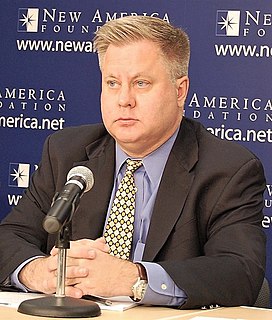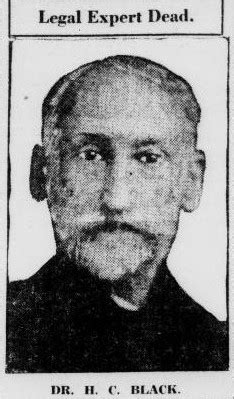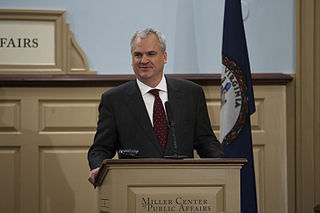A Quote by Samuel Adams
Every one knows that the exercise of military power is forever dangerous to civil rights; and we have had recent instances of violences that have been offer'd to private subjects.
Related Quotes
Civil libertarian activists are found overwhelmingly on the left. Their right-wing brethren have been concerned with issues more important than civil rights, voting rights, abuses by police and the military, and the subordination of politics to religion - issues like the campaign to expand human freedom by turning highways over to toll-extracting private corporations and the crusade to funnel money from Social Security to Wall Street brokerage firms.
[Before the Civil Rights Act of 1964], many governments in southern states forced people to segregate by race. Civil rights advocates fought to repeal these state laws, but failed. So they appealed to the federal government, which responded with the Civil Rights Act of 1964. But this federal law didn't simply repeal state laws compelling segregation. It also prohibited voluntary segregation. What had been mandatory became forbidden. Neither before nor after the Civil Rights Act were people free to make their own decisions about who they associated with.
We hold that the ownership of private property is the right and privilege of every American citizen and is one of the foundation stones upon which this nation and its free enterprise system has been built and has prospered. We feel that private property rights and human rights are inseparable and indivisible. Only in those nations that guarantee the right of ownership of private property as basic and sacred under their law is there any recognition of human rights.
In the summer of 1966, I went to Mississippi to be in the heart of the civil-rights movement, helping people who had been thrown off the farms or taken off the welfare roles for registering to vote. While working there, I met the civil-rights lawyer I later married - we became an interracial couple.
In recent years the military has gradually been eased out of political life in Turkey. The military budget is now subject to much more parliamentary scrutiny than before. The National Security Council, through which the military used to exercise influence over the government is now a purely consultative body. But Turkish society still sees the military as the guarantor of law and order. The army is trusted, held in high regard - though not by dissident liberals. When things go wrong, people expect the military to intervene, as they've intervened over and over again in Turkish history.











































